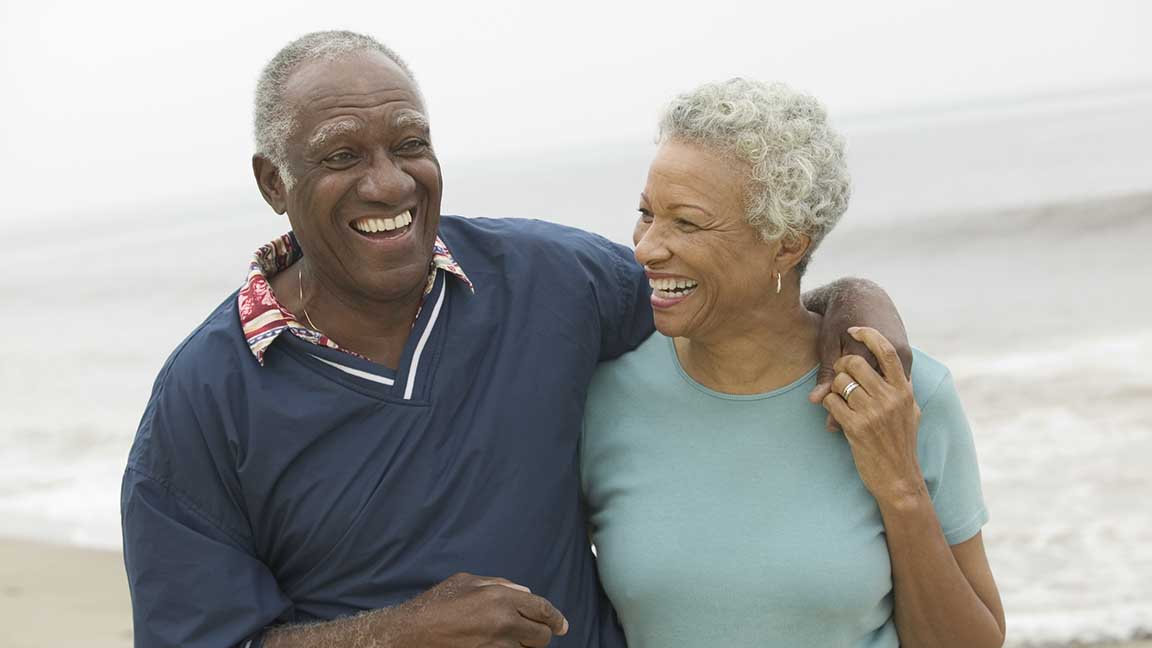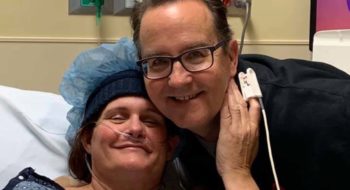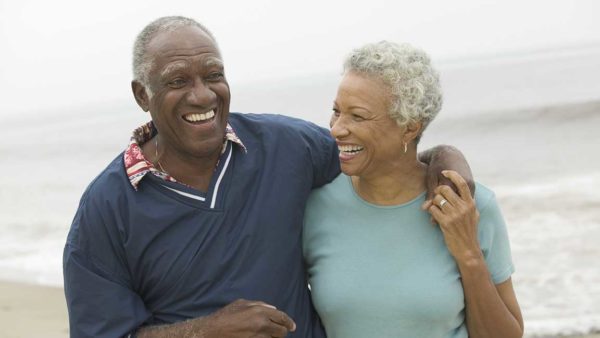Breast cancer can be cured, but life after treatment is often never quite the same.
“Many cancers are curable and patients can put it behind them and live a normal life,” says Dr. Sara Adams, an experienced oncologist at Tidelands Health Cancer Care Network, a collaboration with MUSC Health and our region’s most comprehensive provider of cancer care. “Still, even after treatment, the impacts of a battle with the disease – both from a physical and emotional perspective – can linger.”
Medical needs
For example, like other cancer patients, breast cancer survivors need to continue seeing an oncologist and other care providers periodically following successful treatment to help ensure the cancer hasn’t returned. Oncologists typically follow guidelines from the National Comprehensive Cancer Network to recommend when cancer survivors should receive follow-up visits and screenings.
At Tidelands Health, a care plan that outlines the steps each patient should take post-treatment is created for all cancer survivors, Dr. Adams says. For breast cancer patients, the plan spells out how often to have mammograms, when patients should see a gynecologist and undergo other clinical tests, among other steps.
Often, follow-up testing and appointments can cause anxiety for cancer patients by reminding them of their battle with cancer and raising fears of its return.
“That follow-up care is incredibly important for a patient’s physical health, but it can be challenging emotionally,” Dr. Adams says. “It can cause a tremendous amount of anxiety and depression.”
Emotional challenges
Patients who struggle emotionally after treatment can benefit immensely from support from family, friends, church, prayer or meditation, Dr. Adams says. Professional counseling can also help.
In addition, there are other approaches that can ease the physical and emotional impacts of a battle with cancer, Dr. Adams says. For example, diet modification, exercise and other lifestyle change can improve both health and state of mind.
It’s important for cancer survivors to discuss how they are doing with their care providers, Dr. Adams says, to help identify strategies that may be most effective at addressing the individual patient’s unique needs.
“Often, there are things we can to alleviate those side effects, so it’s important for patients to continue to talk to their doctors,” Dr. Adams says. “Maintaining open lines of communication is key.”







